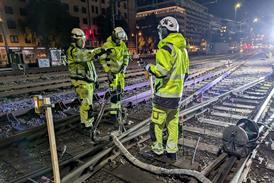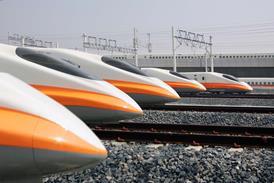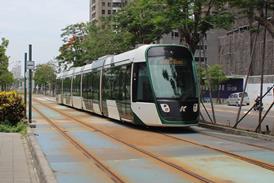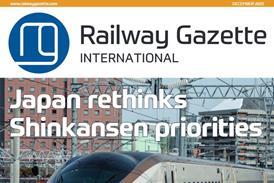Turkish government seeks to extend control over urban rail investment
By Metro Report International2022-04-21T05:37:00

TURKEY: The Ministry of Transport & Communications is seeking to become both owner and operator of new urban railways it is funding, instead of handing over operation and management of the completed assets to city municipalities as has happened in the past.
Already have an account? LOG IN
To continue…
You’ve reached your limit of content for the month
Get enhanced access to Railway Gazette news and weekly newsletters.

For almost 200 years, the Railway Gazette Group has been the leading provider of news, analysis and intelligence for the international railway industry. Our independent and authoritative content is read by operators, regulators and the supply industry in over 140 countries using a variety of tailored subscription packages.
Site powered by Webvision Cloud



